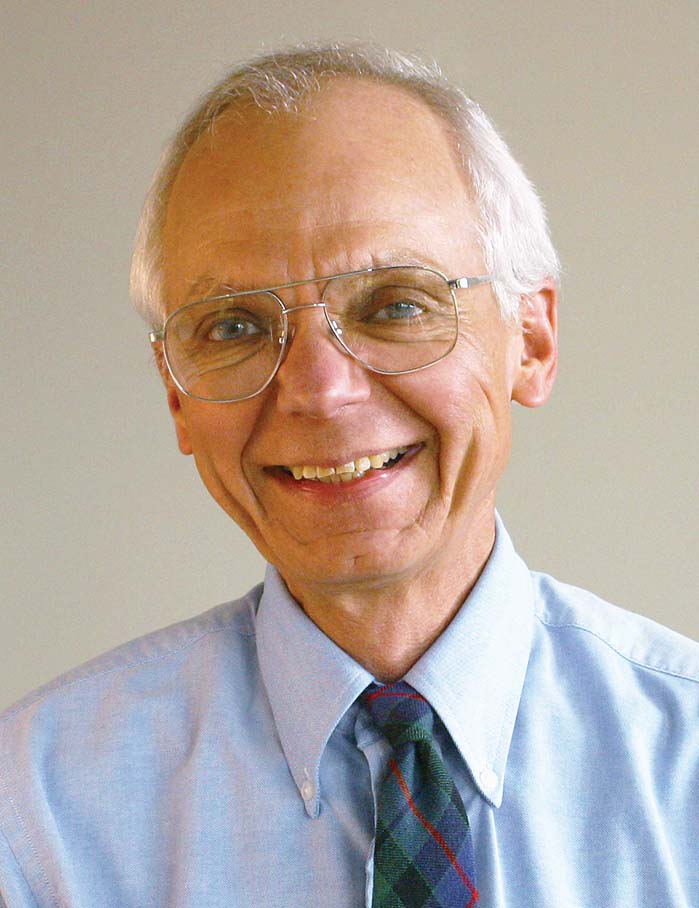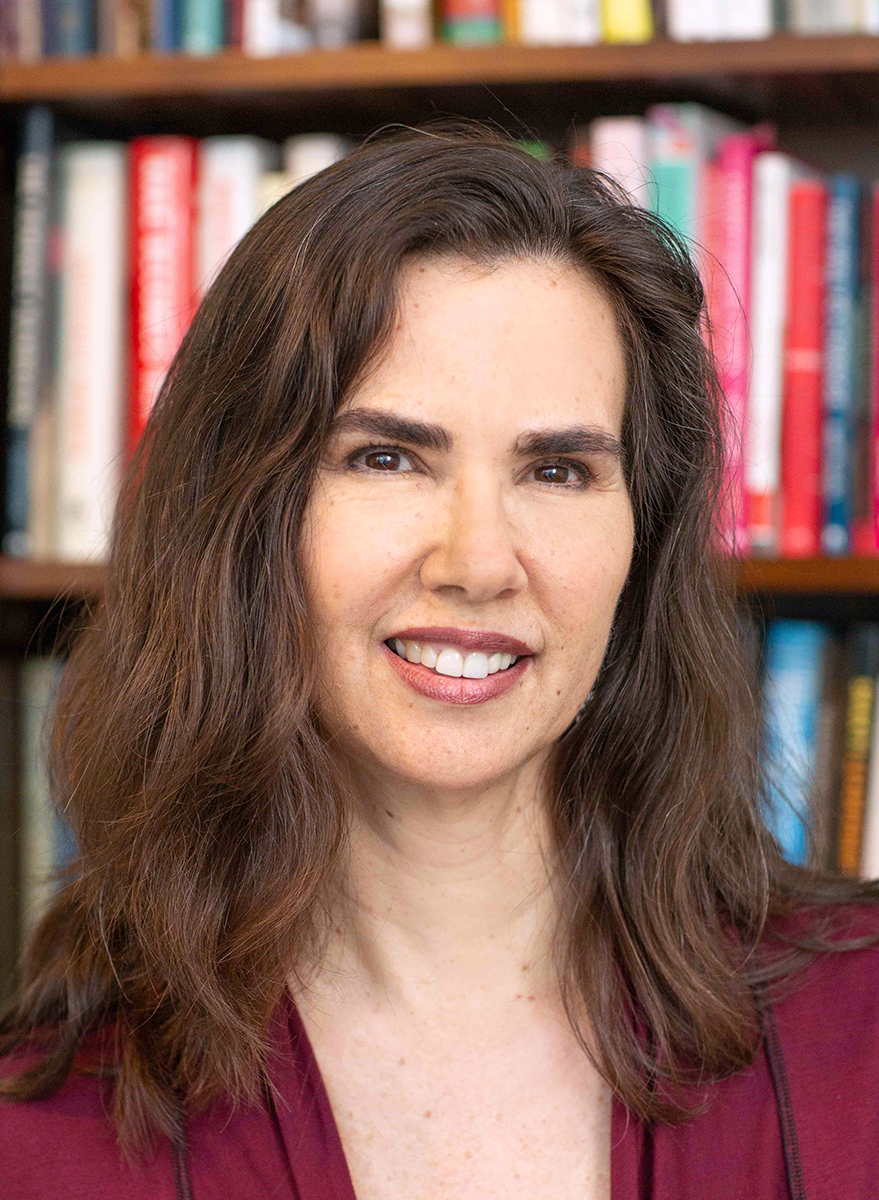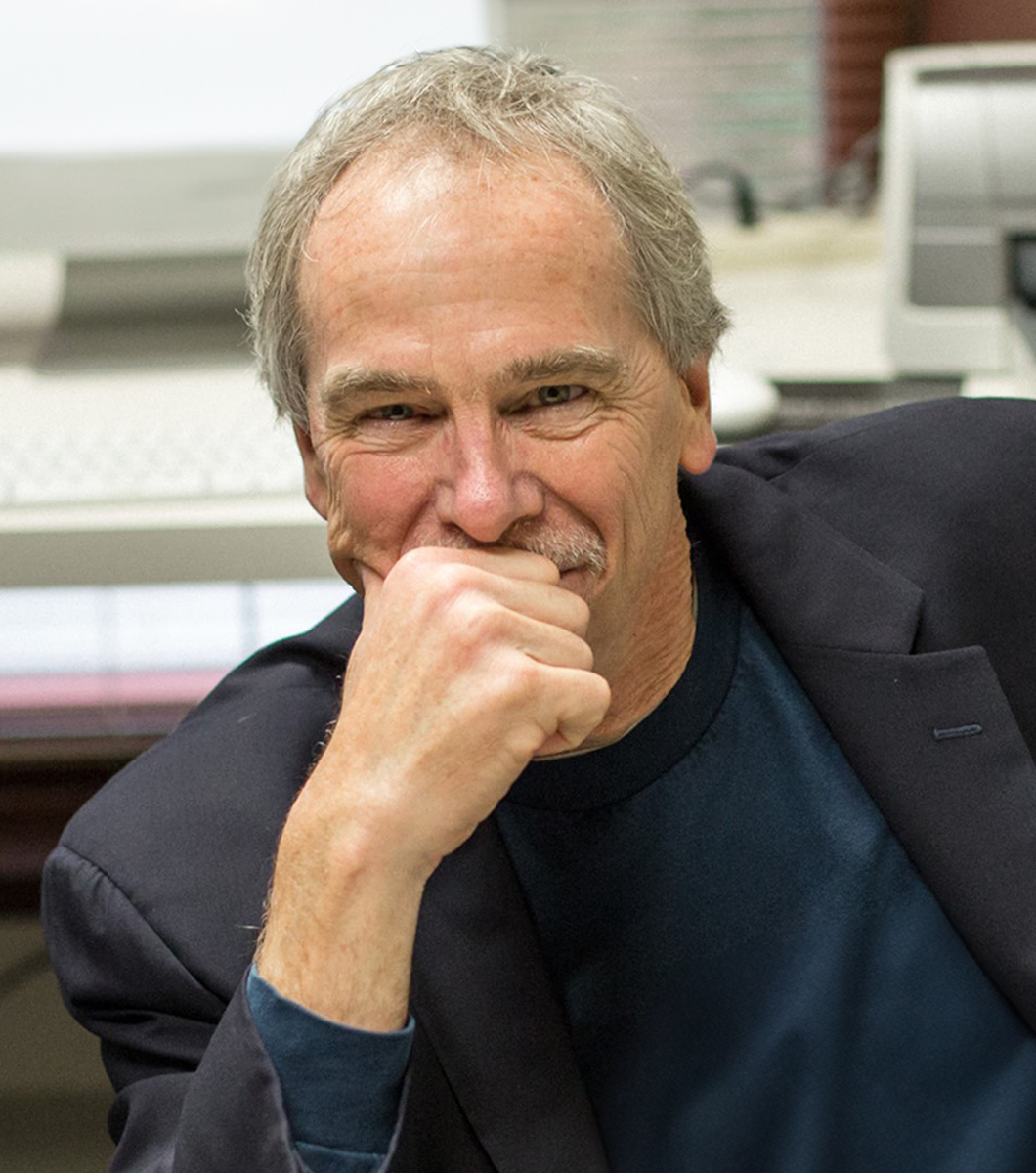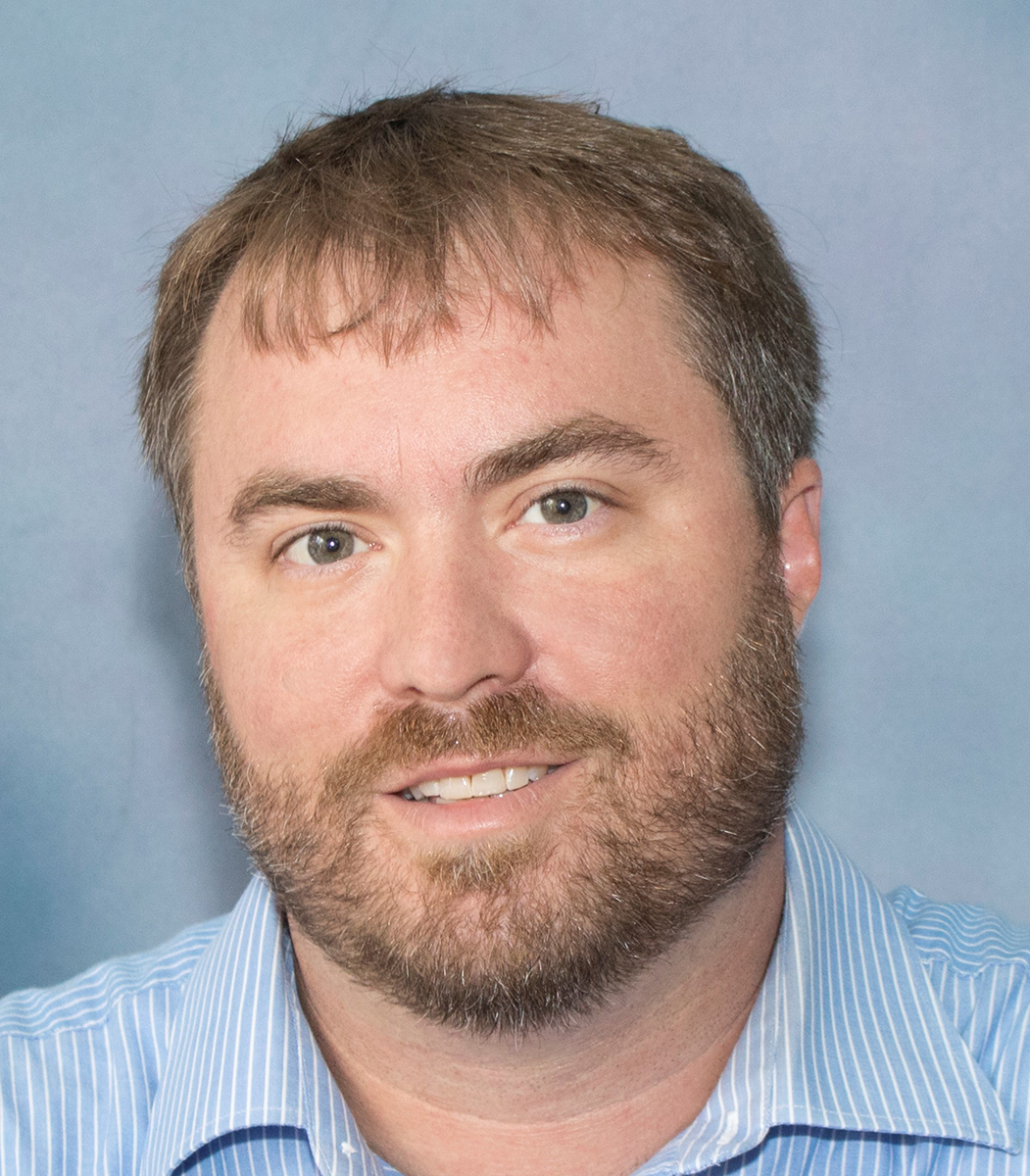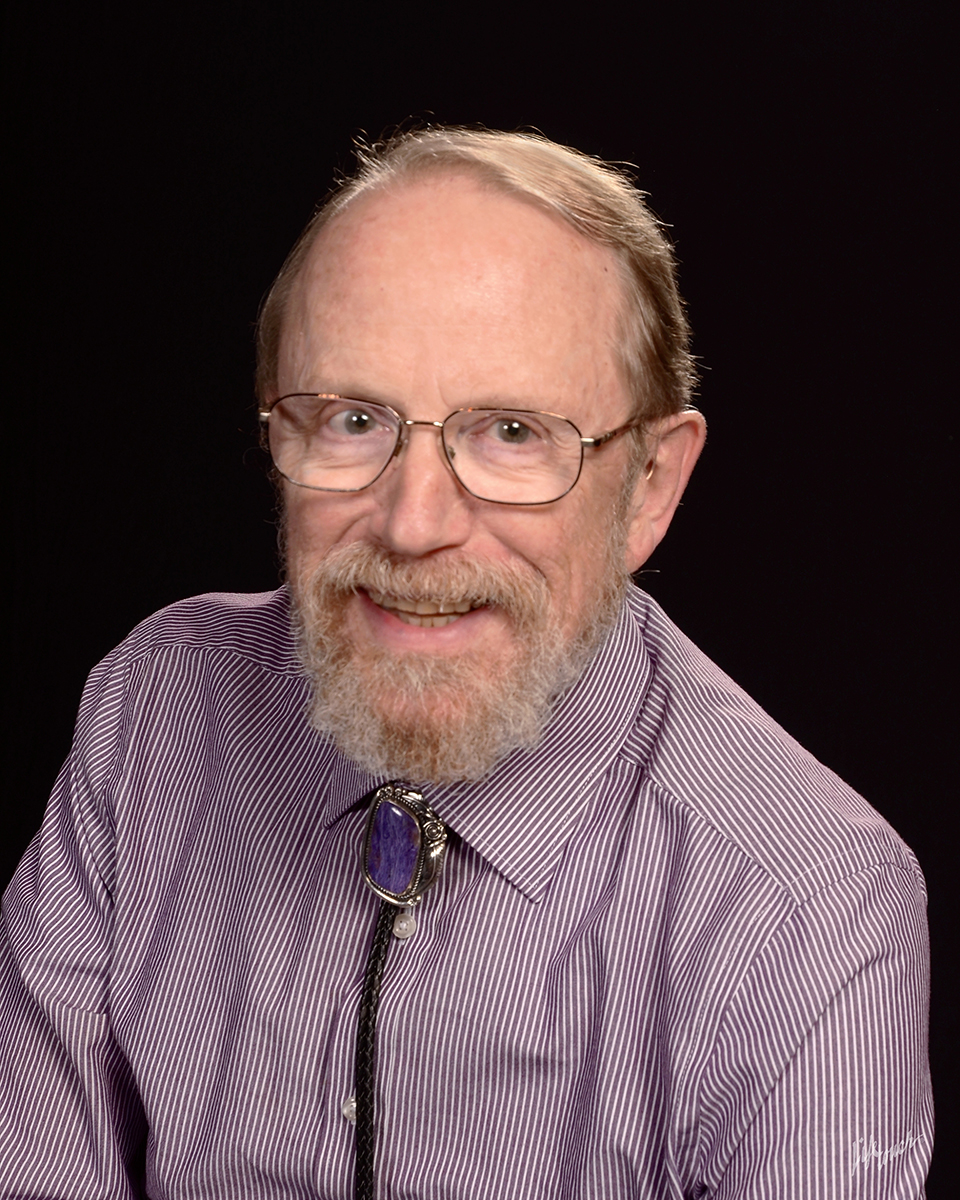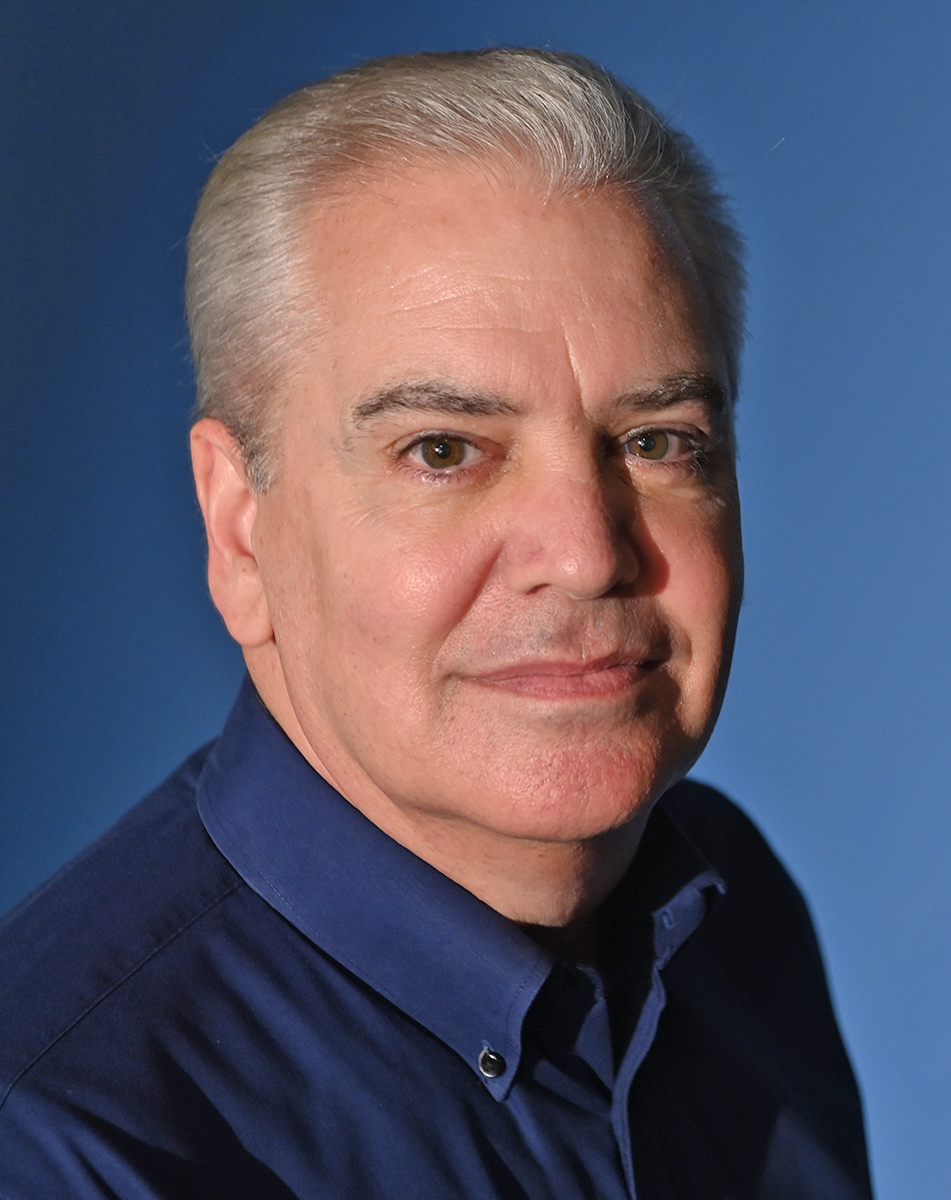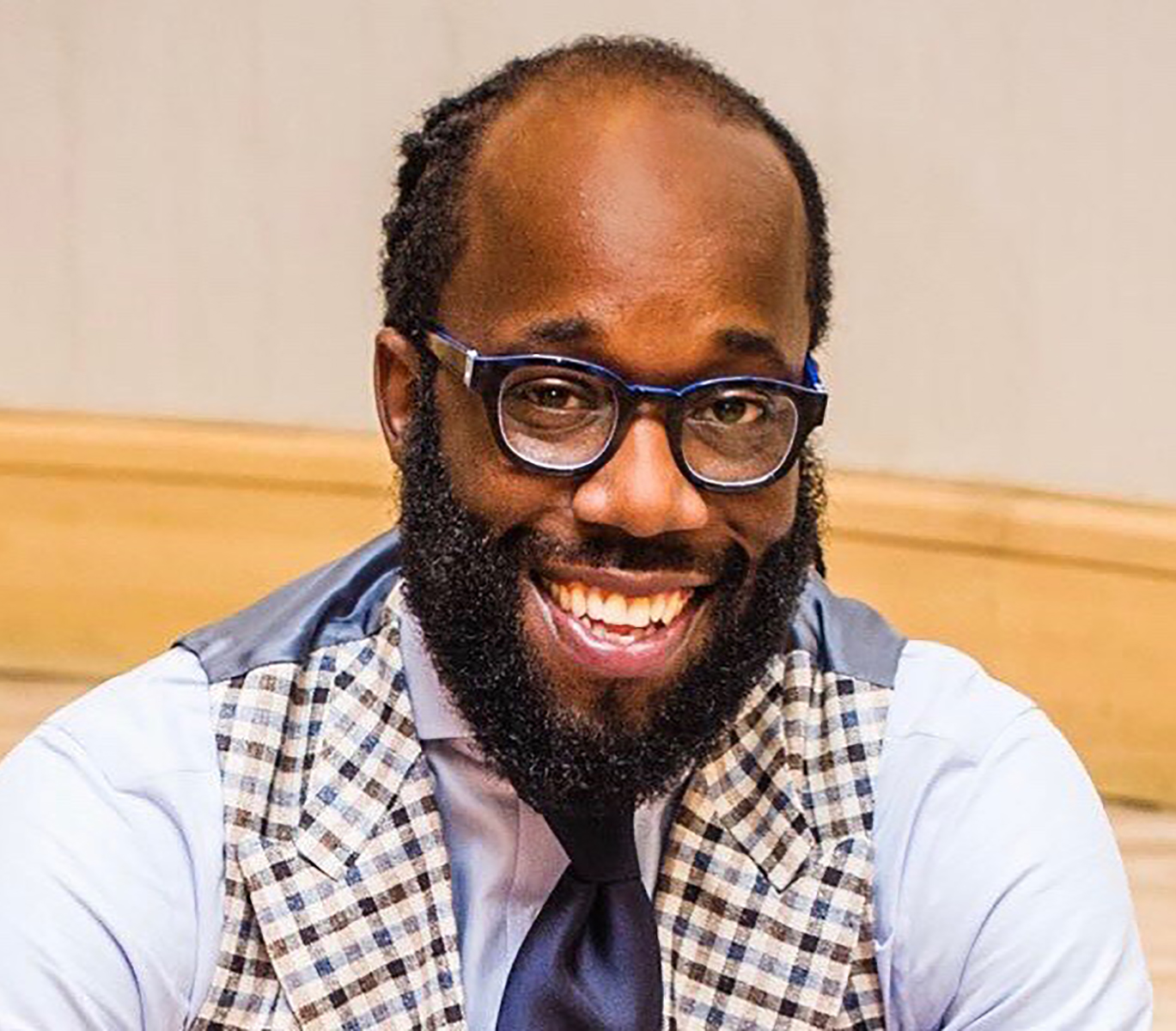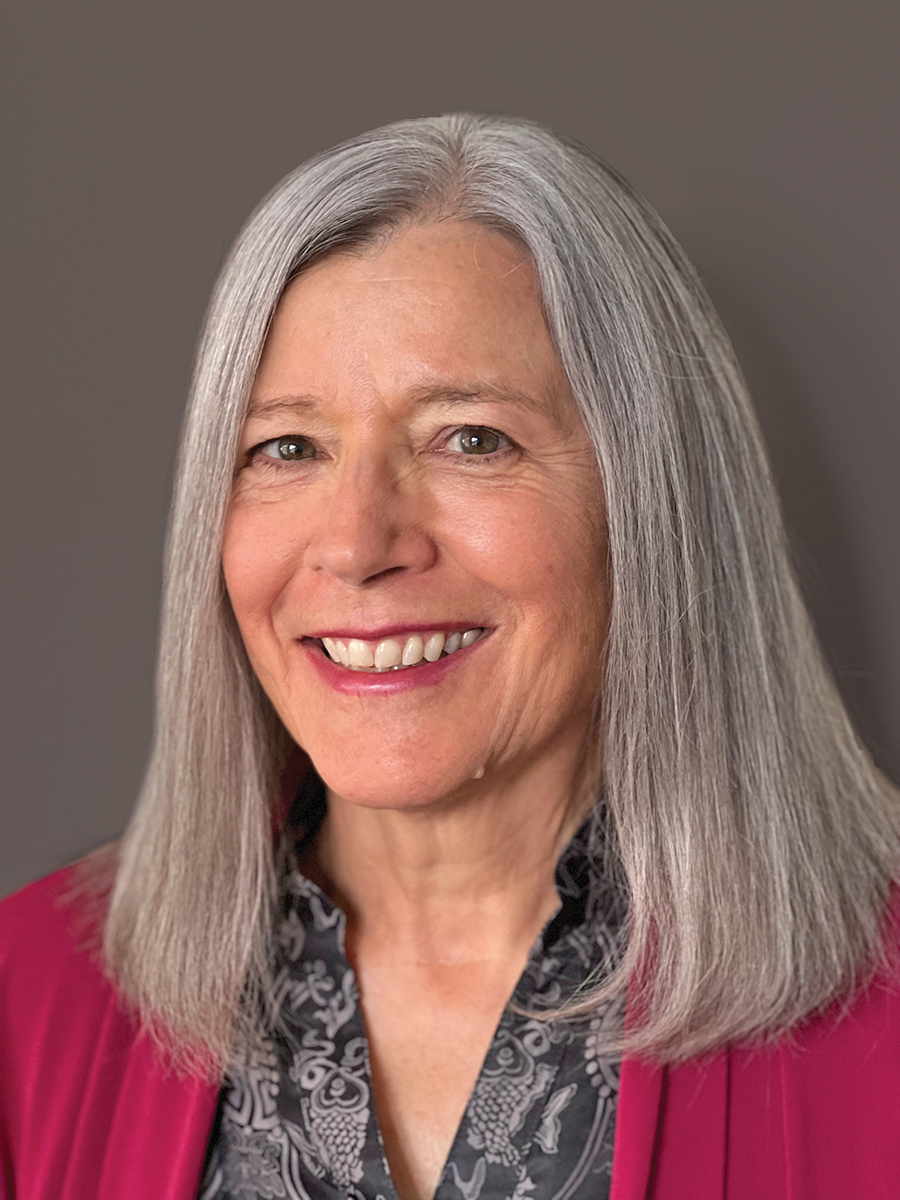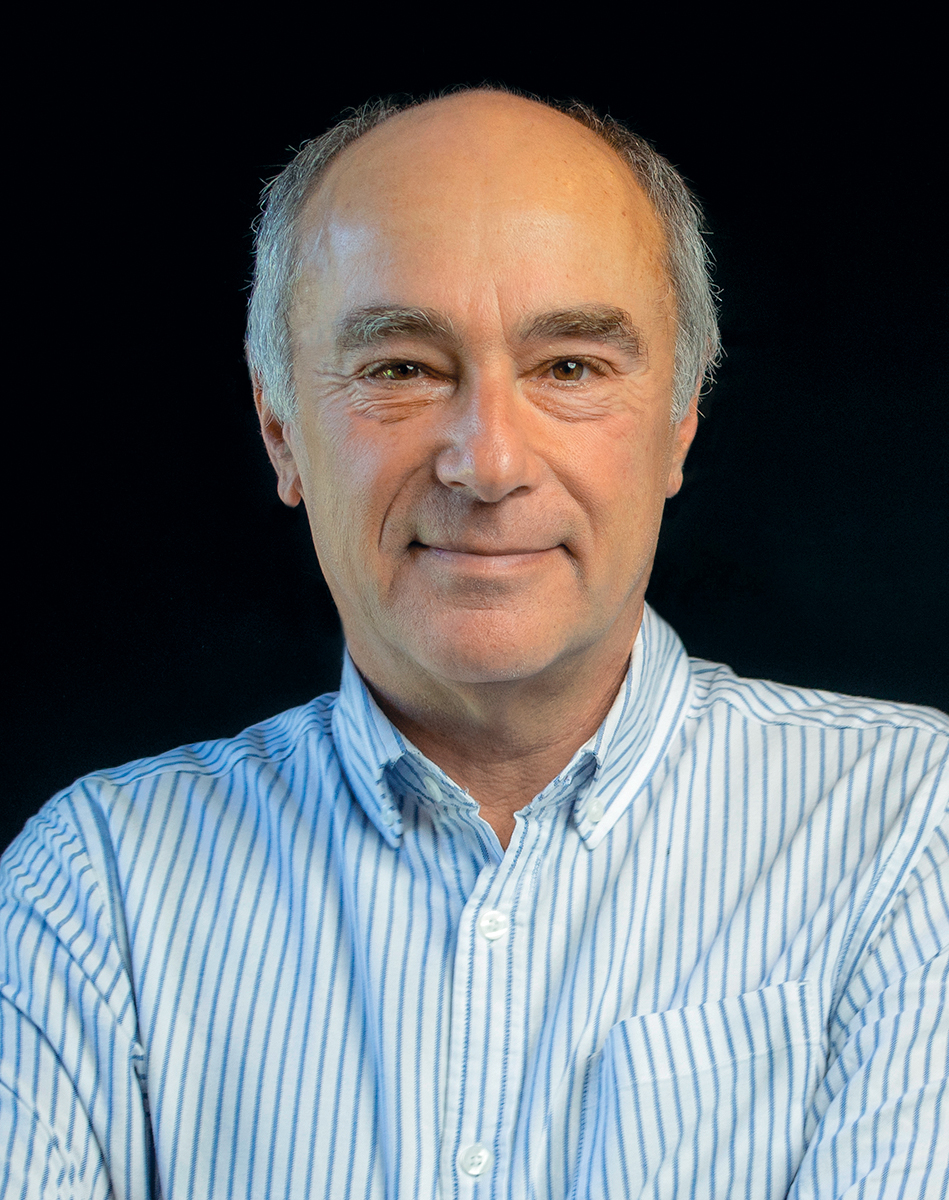Author of The Mental Health Clinician's Workbook
Q&A with the Author
- What made you decide to write this book?
- What was the hardest part of writing it, and what was the easiest?
- What is one important lesson or message you hope readers take away from the book?
- Are there any other books that greatly influenced your writing process and/or your research?
- Are there any common misconceptions about the topic?
- What advances do you hope we will see in the next 10 years?
- What made you decide to go into psychiatry?
- When you are not working, what do you do for fun?
- What is your all-time favorite book?
- Is there a project that you are excited to work on next? (A presentation, a workshop, writing another book, etc.)
Tell us more about your latest book!
What made you decide to write this book?
Each of several books I have written focuses on a different skill needed by mental health practitioners—such as interviewing, diagnostic strategies, and use of criteria. It occurred to me that a workbook would be a good way to unite these complementary skills in a single volume that would advance overall understanding of the complicated diagnostic process. I also wanted to give readers a way to approach these issues as though they were being challenged by a teacher in a classroom. Plus, I frankly enjoy telling stories. My hope is that you will enjoy reading them and working through the exercises.
What was the hardest part of writing it, and what was the easiest?
Sportswriter Red Smith is alleged to have said, “Writing is easy: You just sit at the typewriter until little beads of blood appear on your forehead.” In my view, writing is an addictive misery, some parts of which are relatively less traumatic than others. Perhaps the hardest step is trying to gather my thoughts to the point I can set them down as a first draft. After that, it’s pretty much polish, polish, polish until my editors wrest it from my still-typing fingers.
What is one important lesson or message you hope readers take away from the book?
Boiled down to a single sound bite, it would be this: I would want you to gain an appreciation for the interconnectedness of the arts of conducting an interview and making a diagnosis—based on the science that underpins all mental health care.
Are there any other books that greatly influenced your writing process and/or your research?
I’ll let The Elements of Style by William Strunk & EB White symbolize the shelf-full of books, articles, and blogs on effective writing I’ve absorbed across the years. Their cumulative message: use clear language, eliminate unneeded verbiage, prefer the active voice, write in the first person singular, and directly address the reader. In addition to this timeless advice, I strive to write gender-free prose that is interesting.
We are interested in learning more about your expertise.
Are there any common misconceptions about the topic?
I suppose that members of the general public—and perhaps some individuals who think they’d like to enter the field—believe that there is something secret and even mystical about what clinicians appear to do: reading unspoken thoughts, for example, or bending people’s minds to our will. In fact, and as I have tried to demonstrate in this workbook, we mental health clinicians use everyday strategies to obtain data, then employ common-sense devices to guide treatment recommendations and predictions about the course of illness. When we accomplish these tasks well, it can seem like magic.
What advances do you hope we will see in the next 10 years?
Aside from world peace and universal freedom from hunger? An achievable goal would be to ensure that all mental health professionals start with a diagnosis based on sound criteria and then employ best-practice treatments that are scientifically vetted.
Now a little bit about you…
What made you decide to go into psychiatry?
I can give you two answers. The cognitive one is that in school I was entranced by the science of the mind and wanted to do something that would help people whose mental disorders cause so much misery. The emotional reason? My dad was a psychiatrist (and my mom was a writer). In a sense, then, my career choice was way overdetermined.
When you are not working, what do you do for fun?
Aside from traveling and photography and reading and cooking (I’m a terrific help in the kitchen, as long as there’s a responsible adult in charge), my current love is opera—that’s grand, not horse or soap. Why opera? It combines great dramatic spectacle with glorious music as interpreted by that sublime instrument, the human voice. For ready access I have the music for over a hundred complete operas stored on my phone. And yes, I can spell O-C-D.
What is your all-time favorite book?
Trouble is, it keeps changing. Which genre, even, to select? Classic novel? Perhaps Nicholas Nickleby, and only partly because it was turned into one of the finest stage productions of all time. Biography? Currently, I’m still enthused about Grant by Ron Chernow. Fiction that conveys lessons in ethics and medical care? Years after reading it, Saturday by Ian McEwan lingers. Humor? Lucky Jim (Kingsley Amis) sticks in my mind. Short stories? Plain Tales from the Hills by Rudyard Kipling. A Gentleman in Moscow by Amor Towles defies categorization—just try it. But to continue seems futile—it may all change with the next shiny object that crosses my desk.
Is there a project that you are excited to work on next? (A presentation, a workshop, writing another book, etc.)
For years I have been tap-tapping away at a textbook that students at our local medical school (Oregon Health & Science University) use to learn about mental health care. Turns out, writing a wide-ranging monograph is something of a heavy lift. One person can’t know everything, so with each revision, the PDF ends up with peaks and valleys in the information presented. I suppose that’s why most psychiatry texts are multi-(sometimes multi-multi-) authored. Indeed, the writer–reader ratio can at times run startlingly high. Anyway, the result is often that textbooks are too heavy to carry around and too long to read. And sold for more money than impecunious students can often afford.
See all titles by and read more about James Morrison on his author page!
